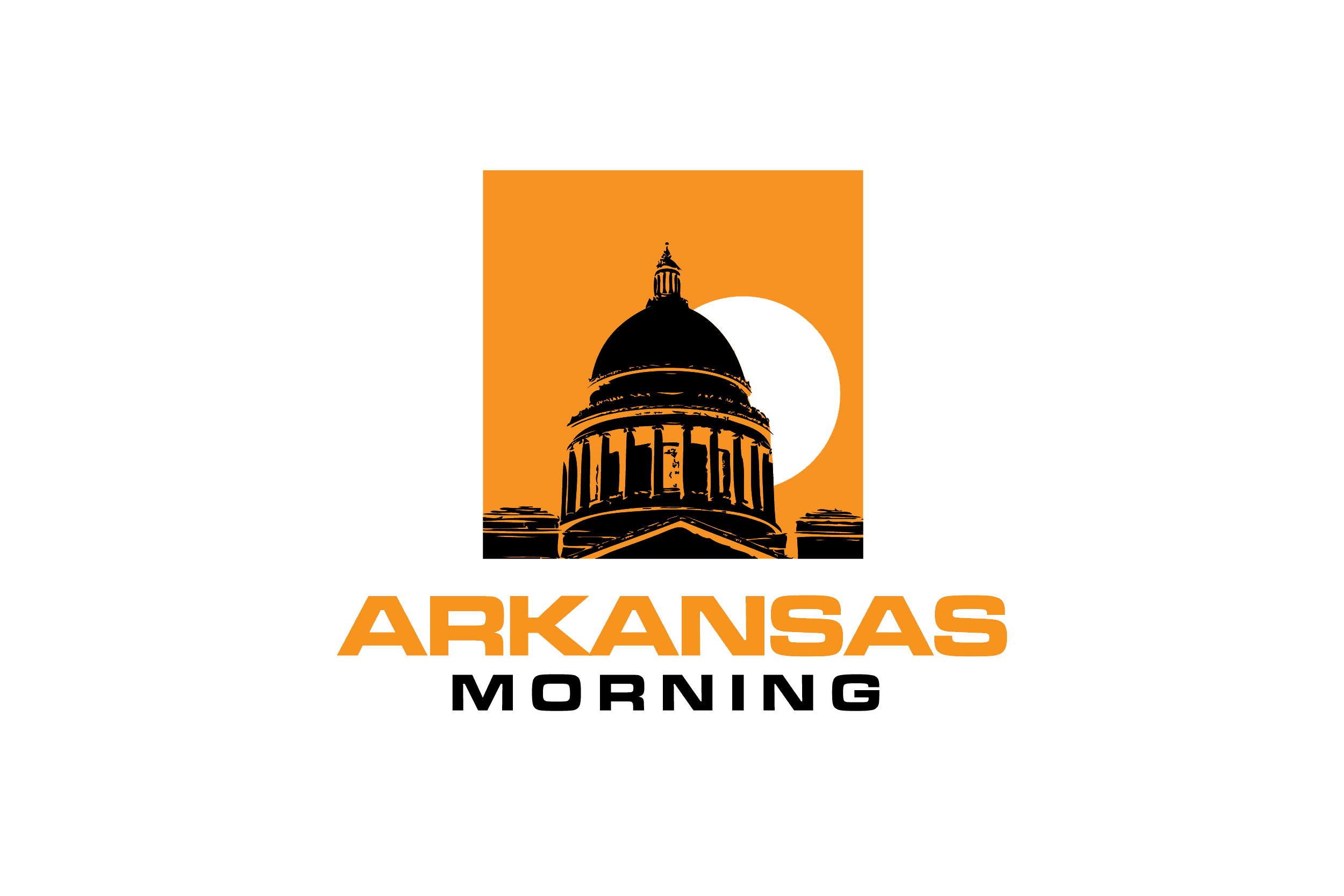
LITTLE ROCK – In a remarkable development, Arkansas has seen a fourfold increase in naloxone prescription fills within a year, a significant response to the opioid crisis ravaging the state. According to the Arkansas Center for Health Improvement (ACHI), naloxone, known for reversing opioid overdoses, saw a jump in prescriptions from 5,575 in fiscal year 2021 to 25,987 in 2022. This surge followed the enactment of Arkansas Act 651 of 2021, mandating co-prescription of naloxone with high-dose opioids and under specific circumstances.
Dr. Joe Thompson, President and CEO of ACHI, highlights the concerted effort from legislators, healthcare providers, and advocates in tackling the opioid epidemic’s effects. “The challenge remains significant, and our efforts to reduce opioid overdose deaths continue,” he said.
Encouragingly, the state witnessed a 35% reduction in opioid prescriptions from 2017 to 2022, with high-dose opioid prescriptions (50 or more morphine milligram equivalents per day) decreasing by 52%. Despite these efforts, opioid overdoses still constitute the majority of drug-related deaths in Arkansas, with 386 of 637 total drug overdose deaths in 2021 being opioid-related.
Recent federal and state initiatives have further broadened naloxone access. The FDA’s approval of an over-the-counter naloxone variant and Arkansas’s Act 586 of 2023, which allows more flexibility in naloxone distribution, mark significant milestones. Additionally, the NaloxHome program, a collaboration between ACHI, the state drug director, and the Arkansas Department of Human Services, provides free naloxone to 47 participating hospitals for at-risk patients and caregivers.
ACHI’s analysis, based on data from the Arkansas All-Payer Claims Database, is part of the broader Arkansas Healthcare Transparency Initiative, underscoring the organization’s role as a nonpartisan, independent health policy center dedicated to enhancing Arkansans’ health through research, advocacy, and program development.
